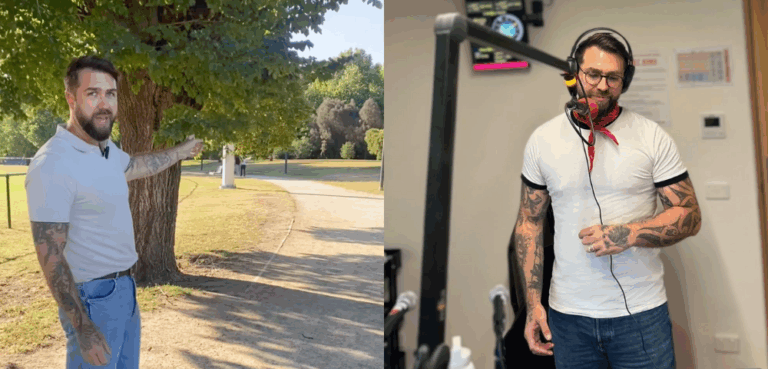
Survey examines ongoing homophobia in the Australian Army
 A new article in the Australian Army Journal documenting the experiences of gay and lesbian servicemen and women has revealed many gay soldiers fear or experience homophobic harassment.
A new article in the Australian Army Journal documenting the experiences of gay and lesbian servicemen and women has revealed many gay soldiers fear or experience homophobic harassment.
The informal survey, conducted by openly gay infantry officer Captain Dominic Lopez, identifies three groups within the 46 respondents, the largest at 59 percent made up of people who believe their sexuality has no impact on their day-to-day lives in the army.
Lopez identifies a 9 per cent minority within the respondents who reported experiencing homophobic discrimination and harassment.
“I would give him a task and he would openly refuse to do it in front of my section saying that I was nothing but a worthless lesbian who couldn’t be trusted and who would get the section killed,” writes one corporal about an experience in command of other soldiers.
Lopez also identifies a significant group of serving gay men and lesbians afraid to come out due to a culture of homophobia. Many write about the need to hide their identities on a day-to-day basis.
“I know my boss is homophobic from the comments he makes at work…if he found out I was gay I’d have no chance of getting on the trip next year so I remain closeted…I have to be vigilant all the time,” writes a currently serving male captain.
Lopez argues the army’s recent broad commitment to cultural change will not help soldiers experiencing harassment unless individual soldiers engage with the process. Lopez reflects on the report Pathways to Change: Evolving Defence Culture:
“I had not read it and only did so because I was asked to write this article. It would seem that none of my peers has read it either. If few of us are engaged and committed to cultural change, will anything change?”
The article features in a special edition of the journal dedicated to the organisation’s culture, featuring articles on Aboriginal and Torres Strait Islanders’ experiences in the army, the role of women in the army, hazing practices and family culture.
Lopez’s article was written in response to another piece in the same edition on the experiences of gay soldiers during World War II, which discusses numerous accounts of frequent homosexual activity between gay and straight male soldiers.
Another article looks at the role of hyper-masculine sexuality in creating bonds between soldiers in a unit.
The edition features a foreword by Australian Chief of Army David Morrison pre-empting backlash against the edition, which covers often controversial topics.
“I am most certainly not asking that you agree with all that is expressed in this edition. That is not the point. What I am looking for is an open and respectful exchange of views,” Morrison writes.
Morrison garnered national acclaim for a speech in June condemning sexism within the army, a speech written by Morrison’s transgender speechwriter Lieutenant Colenol Cate McGregor.
The speech followed a spate of recent reports of misogynistic and homophobic harassment in the Australian Defence Force dating back decades.
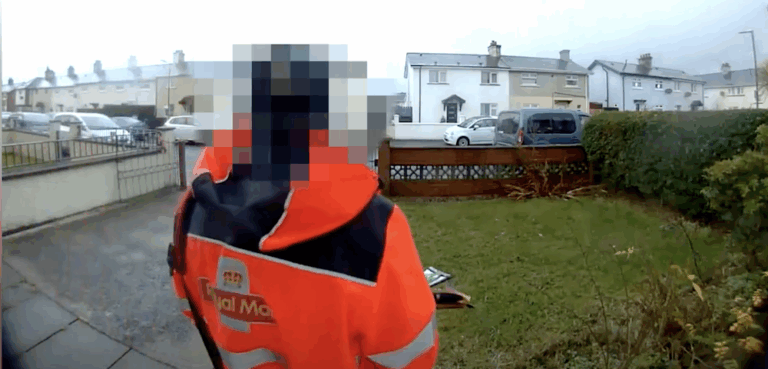
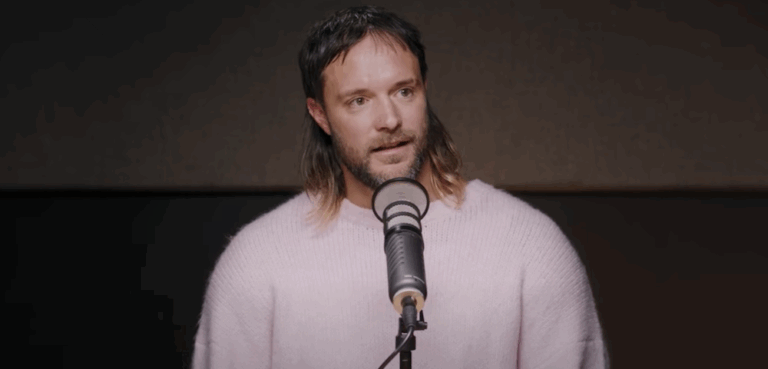

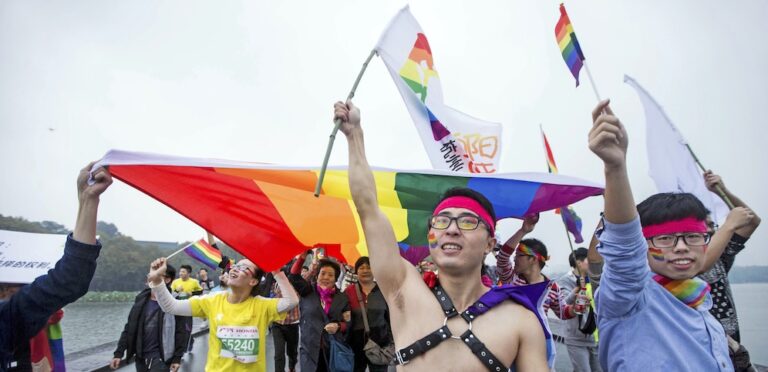
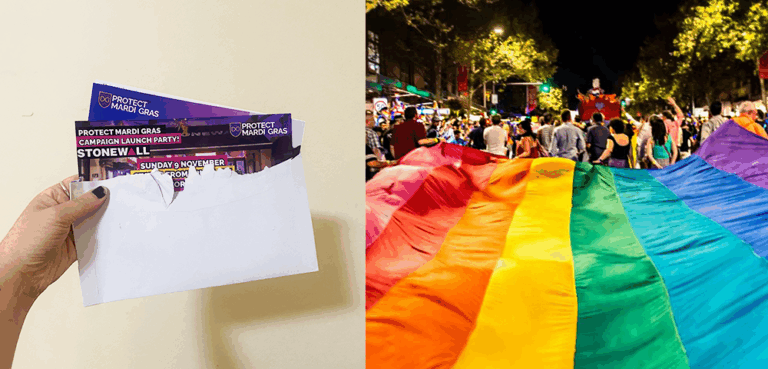
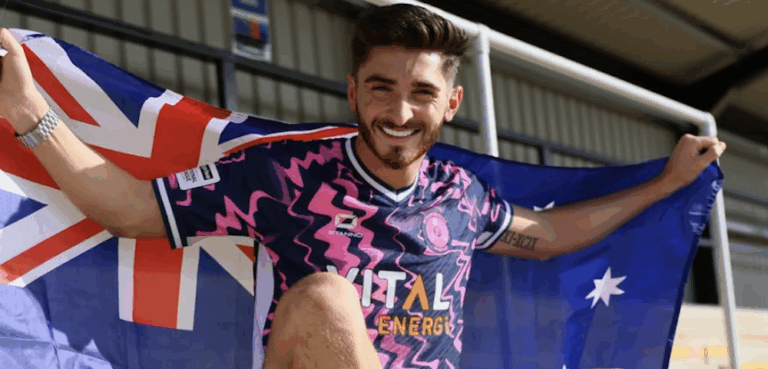

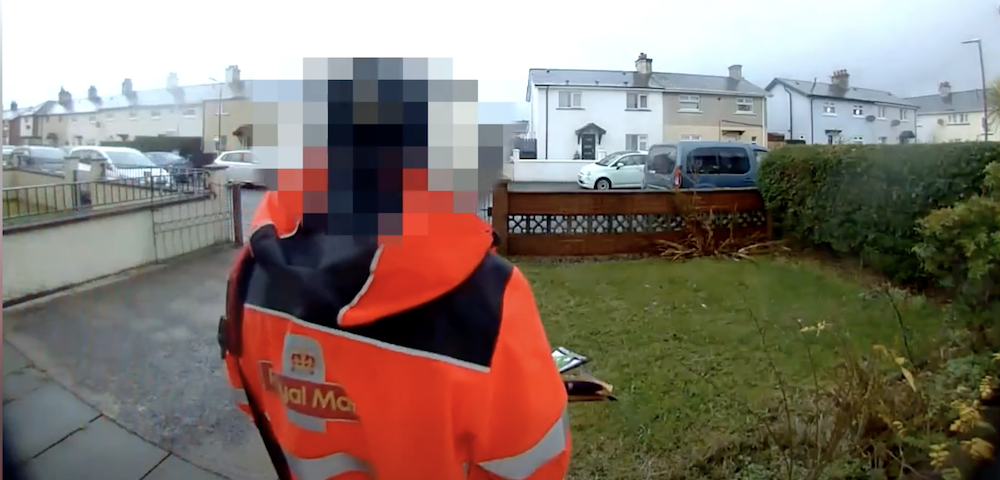
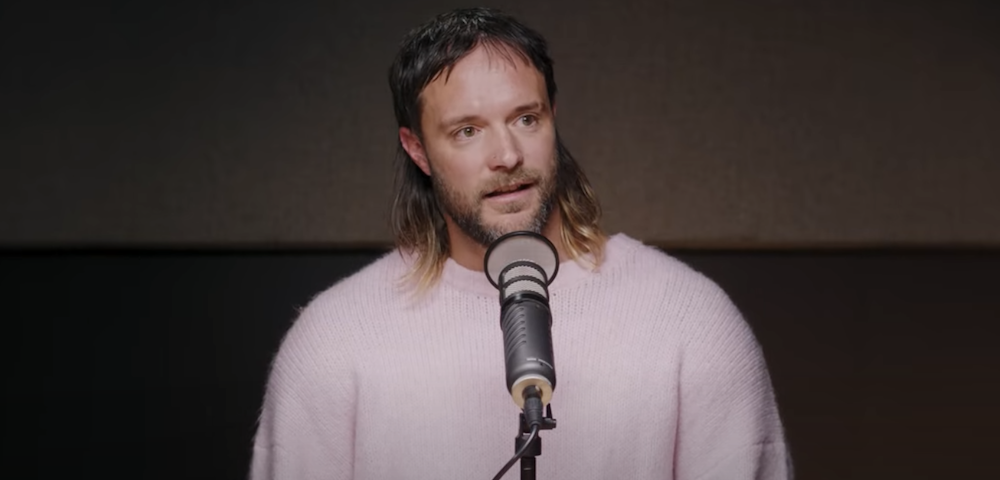

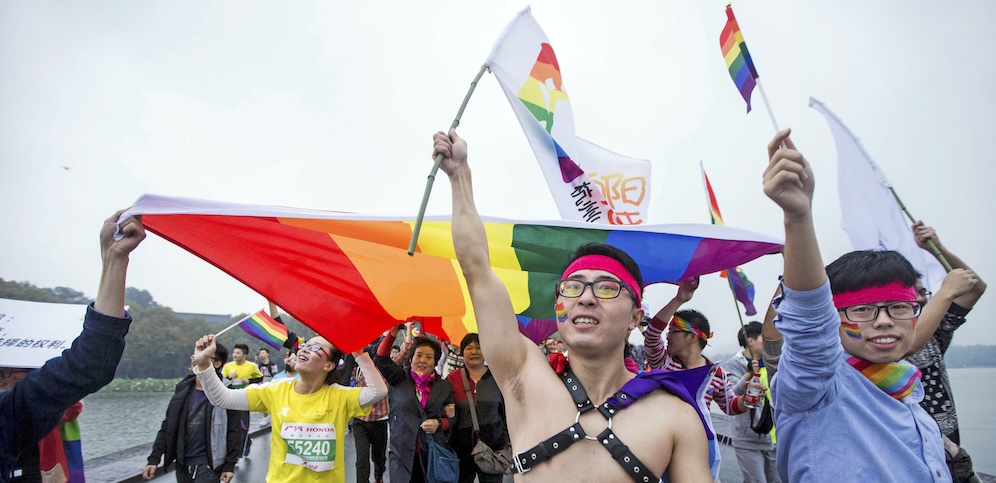
I would be very interested in a follow up article.
What was the statistics based on the respondents rank? As I know from 14 years in the military, Commissioned ranks have less to fair and less likely to be disobeyed. This detail is not just relevant, its critical is the issue/s are to be identified and stigma prevents.
Its highly likely unless proven that Capt Lopez spoke to colleges and associates that he knew which is more likely to be commissioned ranks than lower ranks. This is probably why 59% had no issue in day to day activities.
Credit for the initiative but you need to do real research, real data analysis or ask someone like myself to help you or its nothing but noise.
Let’s wait and see if Im wrong!
“Homophobia” is a natural human reaction to a disgusting immoral behavior. As natural as gagging at the sight of poop at the dinner table.